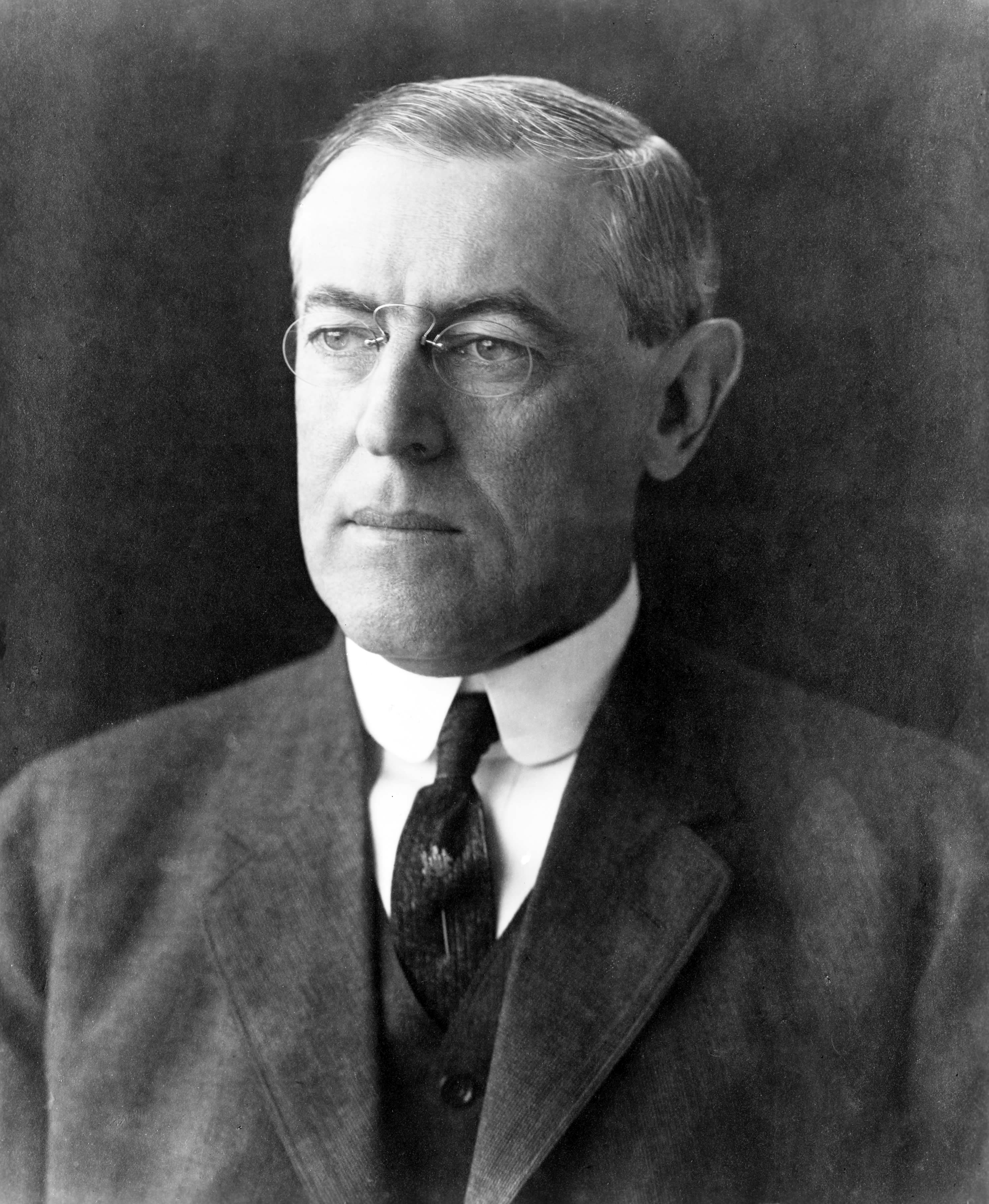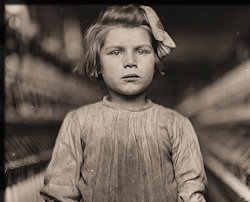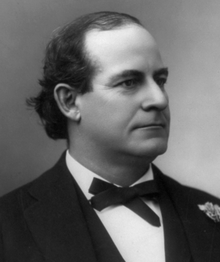
When little Linda Brown wanted to go to a white school that was closer to her house, a whole new era in Civil Rights sprung up as the NAACP grabbed the case as a perfect way to get more equal and fair rights. In 1951, a court case called Brown vs. Board of Education began as the NAACP sued to desegregate public schools in Topeka. They argued that the black schools that children were being sent to were inferior to those provided for white students, and that is affecting the way that they learn and ultimately, what they grow up to be. Though the court was pressured by their previous ruling in Plessy vs. Ferguson, they overruled that and declared that the segregation of public schools was not allowed anymore. While it did force the desegregation of public schools, it ignored it in other areas of the places affected by this terrible thing.














